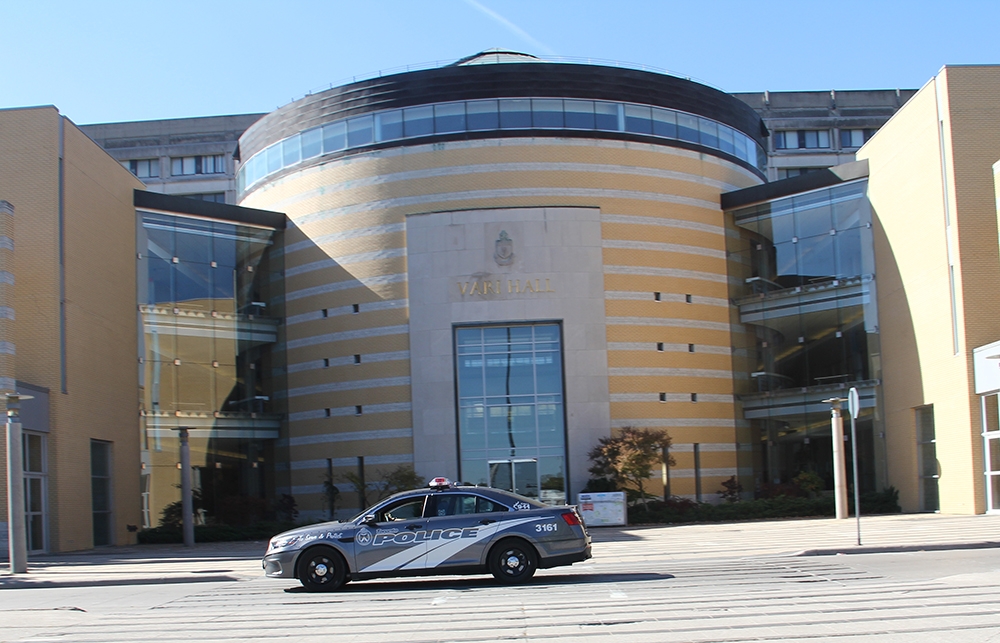Priyanka Benawra | Contributor
Featured image: Toronto Police Services have been accused of racial discrimination, but no tangible reports have come out for the city. | Amir Yazdanparast
A new research report details patterns in traffic stops and the race of subjects being pulled over.
The Traffic Stop Race Data Collection Project was compiled using data from traffic stops that took place in Ottawa over the past two years, with the intention to demonstrate the relationship between race, age and sex and the likelihood of being pulled over.
York faculty member Lorne Foster was a member of the research team. For him, the Traffic Stop Race Data Collection Project was an opportunity to make data of this kind accessible to Canadians.
“I would want the audience to learn […] the importance of evidence,” explains Foster. The study itself, which analyzed over 80,000 encounters between the Ottawa police and drivers, gives a broad perspective on the issue of racial discrimination and police interaction.
The study provides important information for Ottawa’s police force, highlighting the importance of sharing data, especially data related to police-civilian encounters, and making it public domain.
“Because of the scope and rigour of our study, it allows people in Canada to have a rational dialogue about police-minority relations,” says Foster.
Aside from the impact this data will have on Canadian society as a whole, Foster also cites the data found in this report to be an important tool to monitor officer performance in the Ottawa police department.
Although this data only pertains to the Ottawa police force, research like this can be used to establish patterns in police interactions. As a result, training can be implemented to ensure that the instances of racial discrimination or other negative patterns decrease.
“Perhaps the main goal of this study is to reveal the utility of race data collection for all urban police services in Ontario and Canada. We hope that this study will encourage other police agencies to see the collection and analysis of race-based data as an important tool for a new professionalism in policing that is responsive to a multicultural and multiracial public,” he says.
The data did not show any clear evidence of racial discrimination, but there were some indications of bias based on gender and race. Foster notes that the study found a high disproportionality of traffic stops among Middle Eastern women aged 16 to 24.
It is unclear whether this trend exists elsewhere in Canada, but similar data collection projects being conducted in the future would provide enlightening information regarding the correlation between minority drivers and police encounters around the country.


